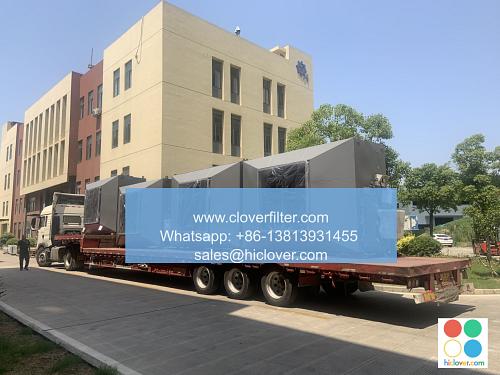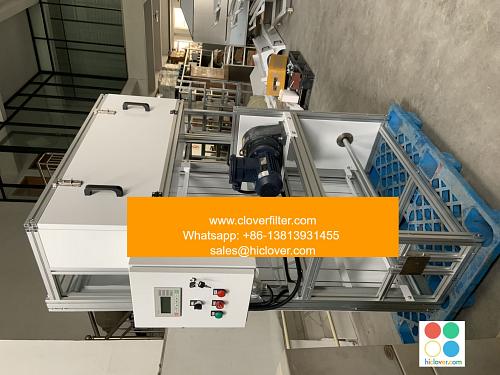Ethical Considerations in Air Filter Regulations: A Moral Imperative

The regulation of air filters is a complex issue that involves not only technological and economic considerations but also moral and ethical implications. As the world grapples with the challenges of climate change, air pollution, and public health, the need for effective and responsible air filter regulations has become a moral imperative. In this article, we will explore the ethical considerations that underpin air filter regulations and highlight the importance of sustainable development, environmental protection, and human well-being.
Introduction to Air Filter Regulations
Air filter regulations are designed to ensure that the air we breathe is clean and safe. These regulations cover a wide range of applications, including industrial air filtration, commercial air purification, and residential air cleaning. The goal of these regulations is to minimize the risks associated with airborne pollutants, such as particulate matter, volatile organic compounds, and microbiological contaminants. By setting standards for air filter performance, efficiency, and safety, regulatory bodies can help protect public health and environmental quality.
Ethical Considerations in Air Filter Regulations
The regulation of air filters raises several ethical considerations, including:
- Environmental justice: Air filter regulations must ensure that all communities, particularly vulnerable populations, have access to clean air and are not disproportionately affected by air pollution.
- Human rights: The right to clean air is a fundamental human right, and air filter regulations must prioritize human well-being and public health.
- Sustainability: Air filter regulations must promote sustainable development and minimize the environmental impact of air filtration technologies.
- Transparency and accountability: Regulatory bodies must be transparent in their decision-making processes and accountable for the effectiveness and efficacy of air filter regulations.
- Industrial settings: Air filter regulations are critical in industrial settings, such as manufacturing facilities, power plants, and chemical plants, where air pollution can have significant environmental and health impacts.
- Commercial buildings: Air filter regulations are essential in commercial buildings, such as office buildings, hospitals, and schools, where indoor air quality can affect occupant health and productivity.
- Residential areas: Air filter regulations are important in residential areas, where indoor air pollution can have significant health impacts, particularly for vulnerable populations, such as children and older adults.
- Transportation systems: Air filter regulations are also relevant in transportation systems, such as airplanes, buses, and trains, where air quality can affect passenger health and safety.
- Air filter regulations
- Moral imperative
- Sustainable development
- Environmental protection
- Human well-being
- Climate change
- Air pollution
- Public health.
Application Areas of Air Filter Regulations
Air filter regulations have a wide range of applications, including:
Conclusion
In conclusion, the regulation of air filters is a complex issue that involves moral and ethical implications. By prioritizing sustainable development, environmental protection, and human well-being, regulatory bodies can ensure that air filter regulations are effective, efficient, and responsible. As the world continues to grapple with the challenges of climate change, air pollution, and public health, the need for effective air filter regulations has become a moral imperative. By highlighting the ethical considerations and application areas of air filter regulations, we can work towards creating a healthier, more sustainable, and more equitable future for all.
Some of the key words used in this article are:
Note: The article is written in a general format and does not follow any specific academic or journalistic style.
It seems like you didn’t include a prompt. Please go ahead and ask me anything or give me a topic to discuss, and I’ll do my best to assist you!


